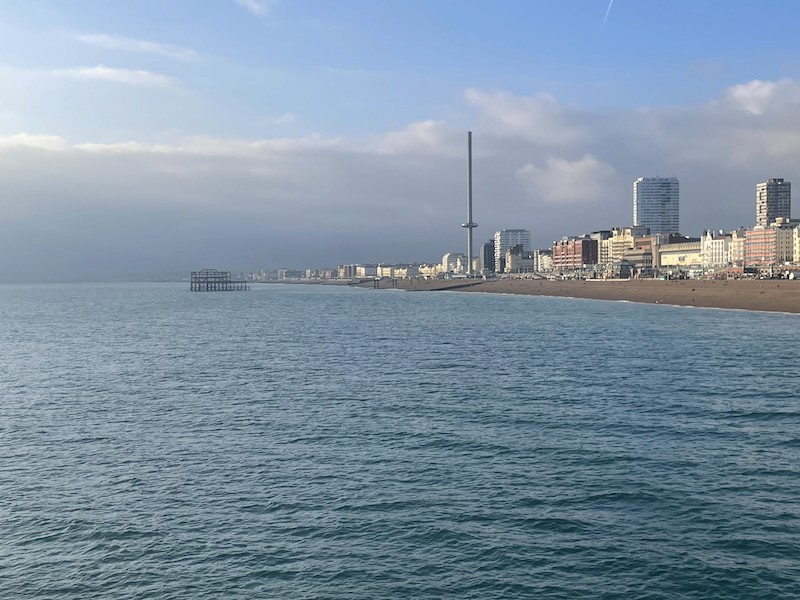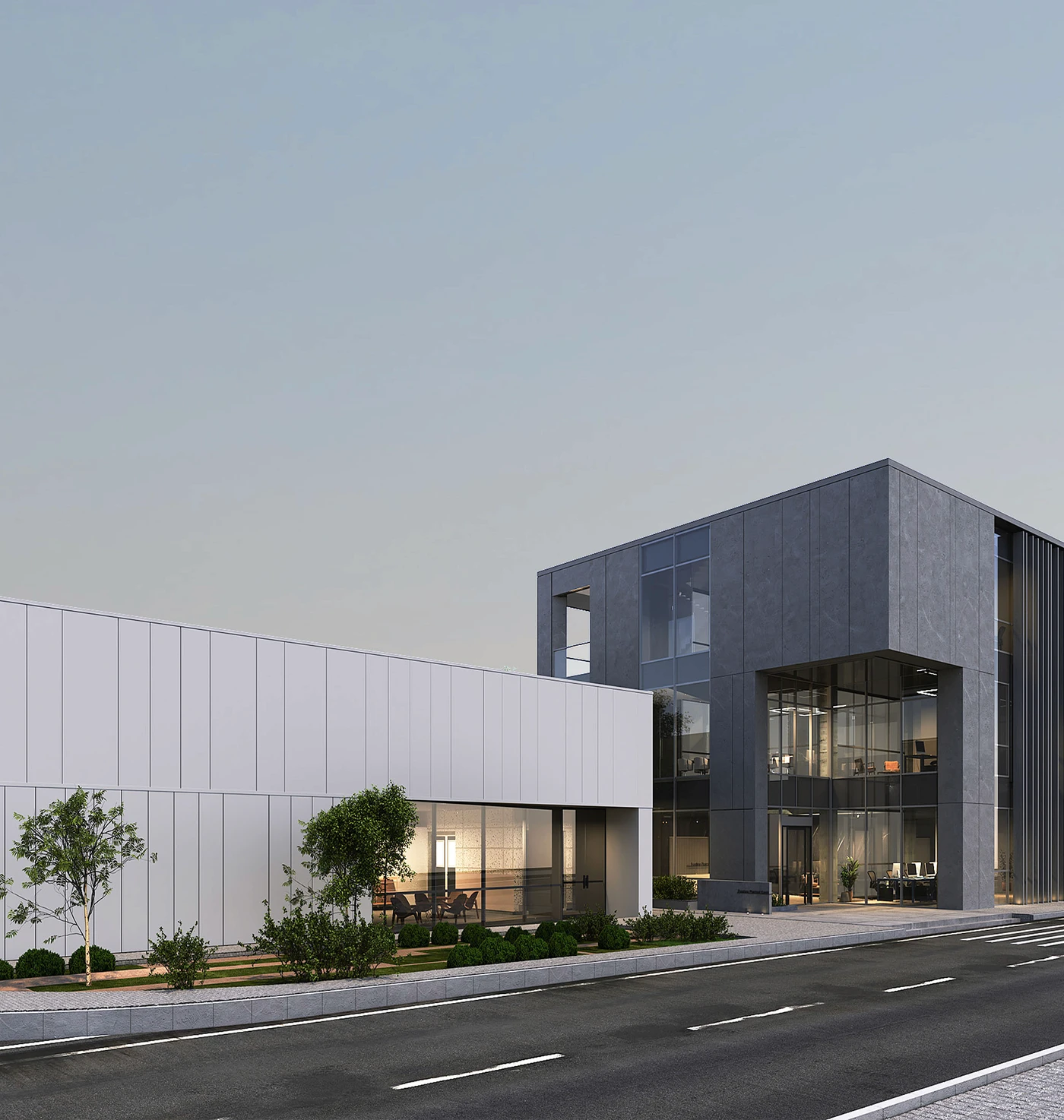Investing In Boutique Hotel Properties in Europe
Feb 28, 2023

Introduction
Boutique hotels have emerged as a preferred choice for traveler's seeking unique, authentic experiences. This rising consumer interest in boutique lodging presents a compelling investment opportunity. As part of a mixed-use real estate strategy, boutique hotels can be integrated into larger developments, contributing to faster investment returns and diversified income streams. This article outlines the financial benefits of boutique hotel investments, supporting market data, and explores how these properties can anchor successful mixed-use developments.
The Boutique Hotel Market: A Growth Story
The European boutique hotel market is projected to grow at a CAGR of 7.1% through 2030, reaching new heights as traveler's increasingly prioritise authenticity, aesthetics, and experiential stays over traditional accommodations. Boutique hotels, often defined by their intimate scale, unique design, and emphasis on personalised service, have captured the loyalty of both leisure and business traveler's. With Europe home to vibrant urban centers and culturally rich regions, the continent is especially suited for boutique hotels that blend local character with high-quality services.
Market Value: The global boutique hotel market reached $25 billion in 2023, with Europe contributing significantly to this value due to its robust tourism infrastructure and emphasis on culturally immersive stays.
Revenue Drivers: Leisure traveler's account for over 70% of the boutique hotel market’s revenue, with daily spending by leisure traveler's at historic highs, reflecting a trend towards premium travel experiences.
Boutique Hotels in Mixed-Use Developments: A Strategic Investment
Incorporating boutique hotels into mixed-use projects aligns with a strategy that balances risk and maximises returns. These hotels serve as anchor properties, enhancing the desirability of mixed-use spaces by providing high-end amenities that attract both guests and residents. This symbiotic relationship can lead to accelerated occupancy rates and higher rental yields in adjacent properties, increasing the overall value of the development.
Year-Round Demand: Boutique hotels cater to business and leisure traveler's alike, contributing to stable year-round occupancy and sustained cash flow.
Community Integration: Mixed-use boutique hotels can include restaurants, retail spaces, and wellness centers accessible to the public, fostering a lively, community-centric environment that attracts foot traffic.
Enhanced Property Value: Boutique hotels’ curated aesthetics and local appeal can increase nearby real estate value, as traveler's are drawn to well-designed spaces that reflect the culture and history of the area.
Investment Benefits of Boutique Hotel Properties
Faster Returns: The unique positioning and high demand for boutique hotels result in swift occupancy ramp-ups, providing early returns for investors. The shorter construction times often associated with boutique properties, particularly those retrofitted from historic buildings, also contribute to faster timelines.
Premium Pricing: Boutique hotels, especially in desirable European cities, can command premium nightly rates. For example, luxury boutique properties capture a 53% market share in revenue, benefiting from affluent travelers seeking exclusivity.
Long-Term Viability: The boutique hotel model’s emphasis on personalisation and experience-driven stays aligns well with ongoing trends in tourism, making these properties resilient to market fluctuations and shifting consumer demands.
Key Market Trends Driving Boutique Hotel Investment
Experiential Travel: Travellers today value experiences that connect them with local culture. Boutique hotels deliver on this trend by offering curated activities, local partnerships, and immersive stays that enhance the guest experience.
Sustainability: Many boutique hotels incorporate sustainable design, renewable energy, and local materials, catering to eco-conscious guests. This environmental focus also aligns with the ESG goals of many investors.
Direct Booking Growth: The direct booking trend, contributing 41% of boutique hotel revenue in 2023, underscores the market’s appeal. Travellers seek direct engagement with boutique hotels for exclusive deals and personalized experiences, reducing the reliance on third-party platforms and improving profit margins.
Case Studies Highlighting Successful Boutique Hotel Investments
Hotel des Grands Boulevards, Paris: This boutique hotel leverages Paris’s historic architecture and combines it with modern amenities, achieving high occupancy rates and attracting both leisure and business travellers. Its success demonstrates how boutique hotels, especially in historic urban centers, can enhance property values and yield high returns.
The Hoxton, Amsterdam: Known for its locally inspired design and community-oriented spaces, The Hoxton has successfully integrated retail and dining into its model, drawing steady traffic from both guests and locals. This approach demonstrates how boutique hotels, with the right location and design, become hubs of activity within mixed-use developments.
How Boutique Hotels Enhance Mixed-Use Real Estate Investment Strategies
Incorporating boutique hotels into mixed-use developments allows for faster capital appreciation and provides investors with a resilient source of income. By aligning with modern consumer trends—such as eco-tourism, experiential stays, and design-focused accommodations—boutique hotels attract diverse demographics that drive demand for adjacent retail and office spaces within mixed-use developments.
Flexible Revenue Streams: Boutique hotels generate income from various sources, including room revenue, dining, events, and retail partnerships. This diversified income base offers investors a stable and resilient revenue stream.
Increased Foot Traffic for Retail Spaces: Guests from boutique hotels often frequent nearby shops and restaurants, boosting the revenue potential for retail tenants within mixed-use projects.
Higher Leasing Potential for Residential Units: Properties adjacent to boutique hotels often experience increased demand due to the appeal of having premium services and amenities close by. This desirability can lead to faster leasing times and enhanced rental yields.
Conclusion: A Strategic Opportunity for Investors
Investing in boutique hotels, particularly within mixed-use developments, represents a forward-thinking strategy that capitalises on consumer demand for unique, high-quality accommodations. Europe’s strong tourism market, along with its culturally rich and diverse regions, provides the ideal backdrop for boutique hotel investments. As part of a mixed-use strategy, these hotels can accelerate returns, contribute to sustainable urban development, and attract a broad base of guests and residents.





